How To Explore Life Skills For Kids : The Top 10 Essentials
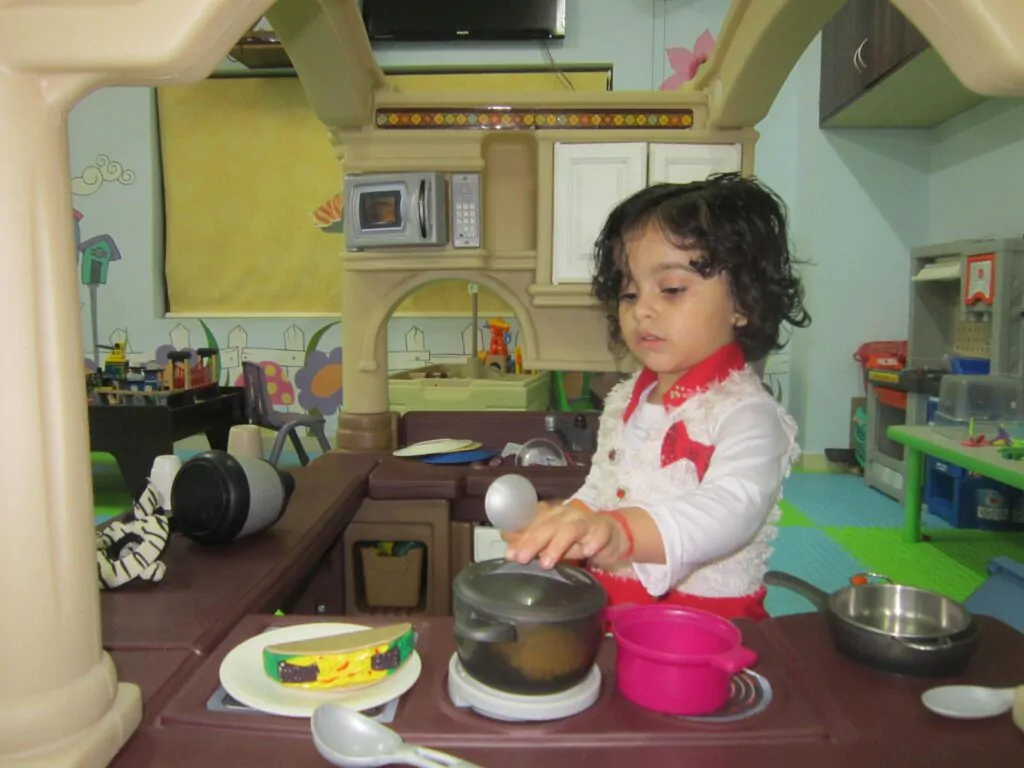
“Education should go beyond the classroom; it should instill life skills that prepare children for the adventure called life.” – Nelson Mandela
In the dynamic landscape of the 21st century, equipping children with academic knowledge alone is no longer sufficient. As parents and educators, it is our responsibility to empower the younger generation with essential life skills that transcend classroom boundaries and pave the way for lifelong success.
The Changing Educational Landscape
Traditional education focuses on academic achievements, which, undoubtedly, are important. However, the evolving demands of the modern world call for a more comprehensive approach. Life skills learning encompasses a broad spectrum of abilities that go beyond textbooks, nurturing the holistic development of a child.
What Are Life Skills for Kids?
Life skills for kids encompass a range of abilities that are crucial for their personal and social development. These skills enable children to navigate the complexities of life, interact effectively with others, and adapt to various situations. Life skills include but are not limited to problem-solving, decision-making, critical thinking, communication, empathy, resilience, and self-awareness. Integrating these skills into a child’s learning journey lays the groundwork for a well-rounded, resilient individual capable of thriving in diverse situations.
The Essentials of Learning Life Skills
introducing kids to the world of life skills is an essential investment in their growth and development. By imparting these valuable competencies, parents and educators lay the groundwork for children to thrive, adapt, and contribute positively to society. Life skills equip kids with the tools they need to navigate life’s complexities, communicate effectively, and approach challenges with confidence, ultimately shaping them into capable, empathetic individuals ready to embrace the opportunities and responsibilities that lie ahead.

1. Navigating Real-World Challenges
Life skills equip children with the ability to handle real-world challenges effectively. From interpersonal conflicts to decision-making, these skills act as a compass, guiding them through various situations.
2. Enhancing Academic Performance
Life skills complement academic learning. A child armed with effective communication and time management skills is better positioned to excel in their studies and extracurricular activities.
3. Building Resilience and Adaptability
Teaching kids life skills at an early age helps them develop resilience and adaptability, essential traits for overcoming challenges and coping with change. It equips them with the ability to bounce back from setbacks and approach new experiences with confidence. Life is a journey filled with ups and downs. Teaching resilience through life skills helps children bounce back from setbacks, fostering a positive attitude toward challenges.
4. Fostering Independence and Self-Reliance
By learning life skills, children become more independent and self-reliant. They acquire the know-how to handle daily tasks, make informed choices, and take responsibility for their actions, laying a strong foundation for their future. As children develop life skills, they become more independent. From managing their time to making informed decisions, these abilities set the stage for self-sufficiency.
5. Enhancing Social and Emotional Intelligence
Life skills education nurtures children’s social and emotional intelligence, enabling them to understand and manage their emotions, empathize with others, and build meaningful relationships. These capabilities are crucial for their overall well-being and success in various social settings.
6. Promoting Critical Thinking and Problem-Solving
Developing life skills empowers kids to think critically and solve problems effectively. They learn to analyze situations, make sound decisions, and devise creative solutions, preparing them to tackle real-world challenges with confidence. In a world overflowing with information, critical thinking equips your child to analyze, evaluate, and form their own informed opinions. Encourage them to ask questions, challenge assumptions, and consider different perspectives before drawing conclusions.. Life throws curveballs, and teaching your child problem-solving skills helps them bounce back with resilience. Guide them through identifying the problem, brainstorming solutions, evaluating options, and taking action. Celebrate their efforts and learning, even if the initial solution isn’t perfect.
7. Cultivating Effective Communication
Effective communication is a fundamental life skill that children need to master. Learning to express themselves clearly, listen actively, and engage in constructive dialogue equips them to build strong interpersonal connections and thrive in diverse environments.
8. Financial literacy
Understanding basic financial concepts like budgeting, saving, and responsible spending empowers your child to make informed financial decisions in the future. Involve them in age-appropriate money management tasks and discussions.
9. Household chores
Contributing to household chores teaches responsibility, teamwork, and valuable life skills like cooking, cleaning, and laundry. Assign age-appropriate tasks and make it a fun, collaborative experience.
10. Time management
Juggling school, activities, and free time can be overwhelming for kids. Teach them time management skills like planning, prioritizing, and setting realistic goals to help them make the most of their day.
“Empowering children with life skills is the foundation of building a society that thrives on resilience, empathy, and creativity.” – Malala Yousafzai
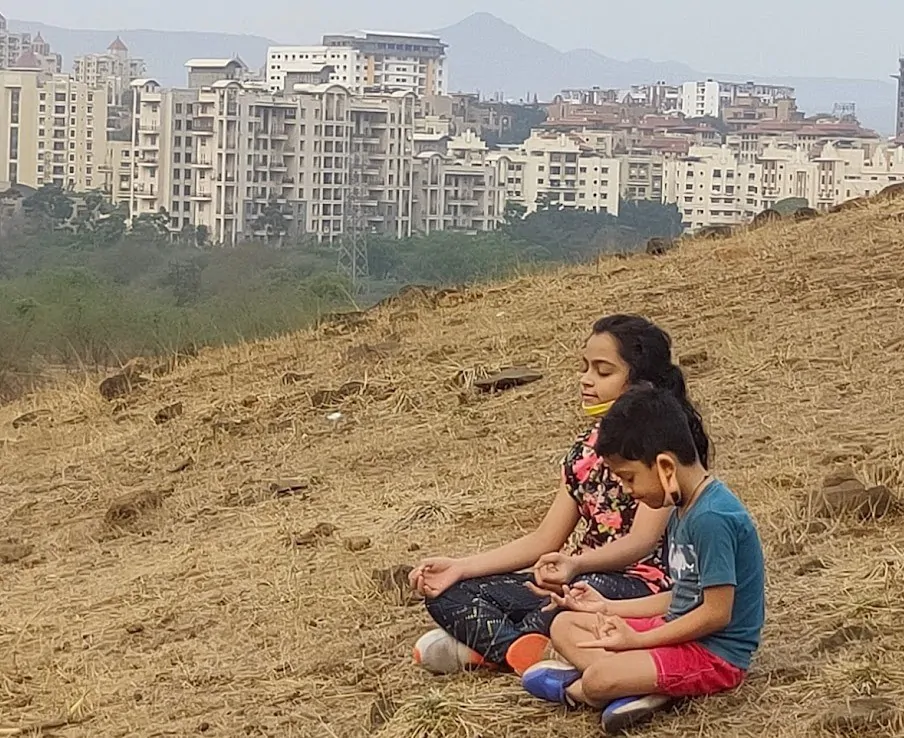
Integrating Life Skills into Learning
In helping kids grow, teaching life skills is like giving them tools for life. It’s more than just grades; it’s about building strong qualities like problem-solving, understanding emotions, and communicating well. By including these skills in their learning, we’re preparing them not just for school but for the challenges life throws at them. It’s like giving them a map to navigate the world with smarts and kindness.
1. Incorporating Practical Lessons
Infuse practical, real-life lessons into the curriculum to make learning more engaging and relevant to a child’s everyday experiences.
2. Interactive Learning Environments
Create interactive learning environments that encourage collaboration, communication, and teamwork, fostering essential life skills naturally.
3. Encouraging Extracurricular Activities
Extracurricular activities provide a platform for children to apply and enhance their life skills, whether through sports, arts, or community service.
4. Parental Involvement
Parents play a crucial role in reinforcing life skills at home. Encourage open communication, involve children in decision-making, and provide opportunities for them to take on responsibilities
“Life skills are the true assets that empower children to face the uncertainties of the future with courage and resilience.” – Elon Musk
Life Skills Learning Tools and Apps for Kids
Turning life skills learning into an enjoyable journey for kids is easier than ever with interactive tools and apps. These resources make grasping critical life skill concepts feel like a thrilling adventure. Imagine learning problem-solving, emotional intelligence, and effective communication through engaging games and activities. To make this journey even more exciting, here’s a list of 10 Life Skills Learning Tools and Apps for Kids:
- Mindful Powers: Mindful Powers is an award-winning app designed to teach kids mindfulness and emotional regulation. Through engaging activities and games, it helps develop skills such as focus, empathy, and self-awareness. It id helping young minds learn and practice mindfulness so they can respond more effectively to stressful situations through the power of play. Built on a skills-based approach that helps children in early and middle childhood build a healthier relationship with life, stress, and anxiety, Mindful Powers™ empowers kids to bring calm to their lives at the touch of their fingertips.
- BeeBot: It is an ward winning Bee-Bot floor coding robot designed for young children. It introduces them to programming concepts and enhances problem-solving skills in a fun and interactive way. The App makes use of Bee-Bot’s key functionality and enables children to improve their skills in directional language, programming sequences of forwards, backwards, left and right 90 degree turns.
- Winky Think Logic Puzzles: This app offers a variety of logic puzzles that challenge kids to solve problems and think critically. It promotes spatial reasoning and problem-solving skills. Slide shapes and match colors to solve 180 logic puzzles in the awesome game that builds your chil’s brain with hours of finger-twisting fun. From simple matching to complex games packed with obstacles, mazes and multi-touch action, Winky Think will stretch your fingers almost as much as your mind.
- Epic! – Kids’ Books and Videos: Epic! is a digital library for kids, offering a vast collection of books and educational videos. It encourages reading, comprehension, and a love for learning. It is the leading digital reading platform—built on a collection of 40,000+ popular, high-quality books from 250+ of the world’s best publishers—that safely fuels curiosity and reading confidence for kids 12 and under.
- Duolingo: Duolingo is a language-learning app suitable for all ages. It makes acquiring new languages enjoyable, promoting communication skills and cultural awareness. Duolingo is the fun, free app for learning 40+ languages through quick, bite-sized lessons. Practice speaking, reading, listening, and writing to build your vocabulary and grammar skills. Designed by language experts and loved by hundreds of millions of learners worldwide, Duolingo helps your child prepare for real conversations in Spanish, French, Chinese, Italian, German, English, and more.
- Toca Life World: Toca Life World is an imaginative app that allows kids to create and explore virtual worlds. It encourages creativity, storytelling, and social skills.
- Strides – Habit Tracker: It is a game changing app for students preparing for their high school. Strides, Encourages the development of positive habits and goal-setting, fostering discipline and organization.
- ChoreMonster: ChoreMonster transforms household chores into a game, making it fun for kids to contribute to daily tasks. It teaches responsibility, time management, and teamwork. he adult version allowed parents to set up task lists, deadlines, rewards, and points for completing jobs. In the children’s version, kids could view what tasks they have been assigned and what rewards and points are awarded for getting those items done.
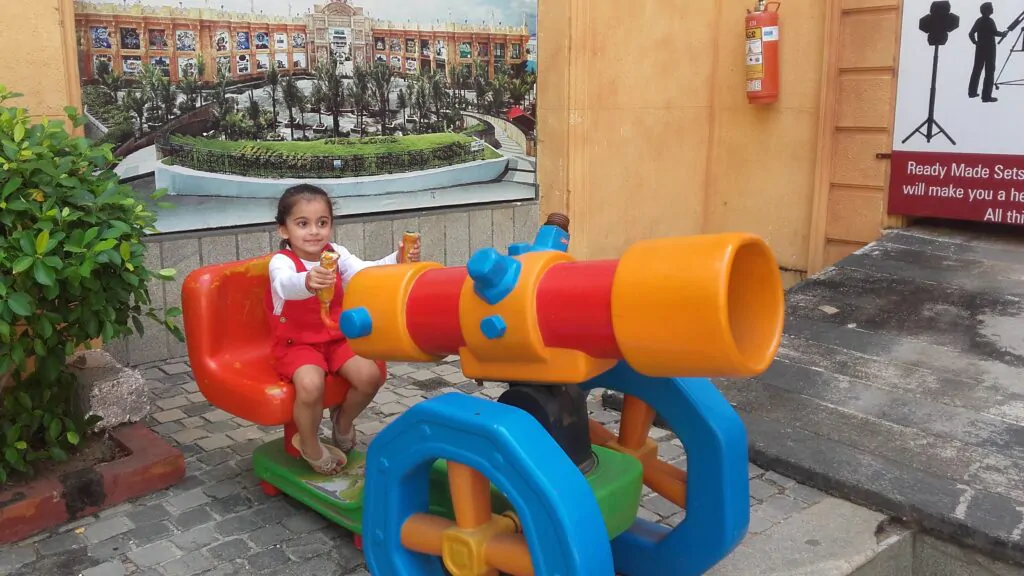
“The purpose of education is to teach our kids how to live, not just how to make a living. Life skills are the key to that education.” – John Dewey
How Essential Skills Propelled These Stars to Success
- Emma Watson (Actress and Activist): Emma Watson credits her public speaking skills, learned during school plays and debates, with helping her advocate for gender equality and education. These communication skills were pivotal in launching her HeForShe campaign and empowering young women worldwide.
- Serena Williams (Tennis Player): Serena’s mental resilience and perseverance, honed through years of disciplined training and facing early losses, became key to her eventual dominance in the tennis world. She openly advocates for mental health awareness and encourages kids to develop emotional intelligence and inner strength.
- Malala Yousafzai (Education Activist): Malala’s passion for education, fostered by her father’s emphasis on learning and critical thinking, led her to fight for girls’ education even after a near-death experience. Her life skills of courage and advocacy continue to inspire millions to strive for social justice.
- Tim Berners-Lee (Inventor of the World Wide Web): Berners-Lee’s curiosity and tinkering during childhood, encouraged by his parents, led him to experiment with electronics and build his own computer. This early exposure to technology and problem-solving laid the foundation for his world-changing invention of the World Wide Web.
- Oprah Winfrey (Media Mogul): Oprah’s exceptional communication skills, nurtured by her childhood passion for storytelling and public speaking, became the cornerstone of her success. Her ability to connect with audiences and engage in honest conversations continues to inspire leaders and communicators globally.
- Nelson Mandela: Nelson Mandela’s exemplary leadership during South Africa’s struggle against apartheid showcases the impact of leadership skills. His ability to inspire and unite people played a pivotal role in the nation’s transformation.
- Warren Buffett: Warren Buffett’s expertise in financial matters, evident in his successful investments, emphasizes the importance of financial literacy. His ability to navigate the complexities of the market underscores the need for financial knowledge.
“In a world that is constantly changing, teaching life skills is a gift that prepares children for a dynamic and unpredictable future.” – Dalai Lama
Conclusion
Technology has given us access to innovative tools and apps that can support children in developing crucial life skills. By incorporating these tools and apps into their daily routine, kids can enhance their communication, social, financial, emotional, and cognitive abilities, setting a strong foundation for their future success. Life skills learning is not an optional add-on but a fundamental aspect of education that prepares children for the complexities of the world. As educators and parents, our collective responsibility is to nurture these skills, unlocking the full potential of each child and empowering them to become confident, resilient, and successful individuals. Life skills are the compass that guides them on their journey to a future filled with endless possibilities. Learning life skills isn’t just for kids; it’s a tool that helps adults succeed and adapt in boosting their workplace success.





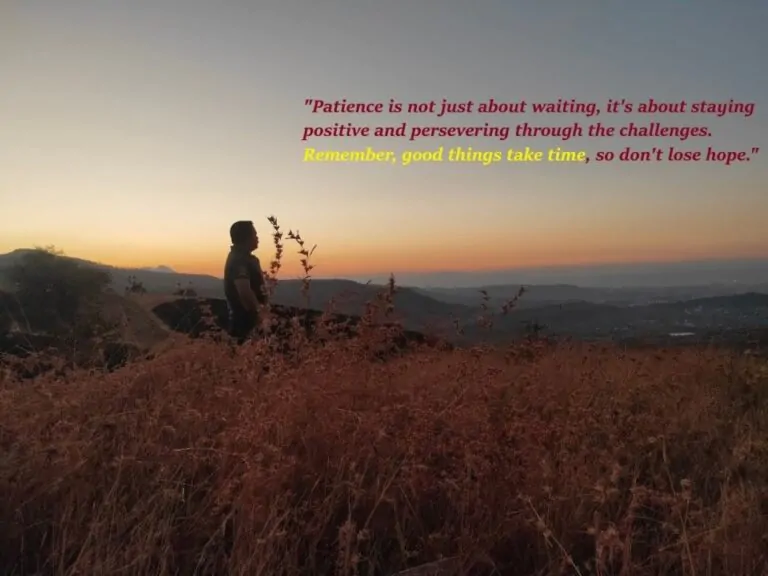
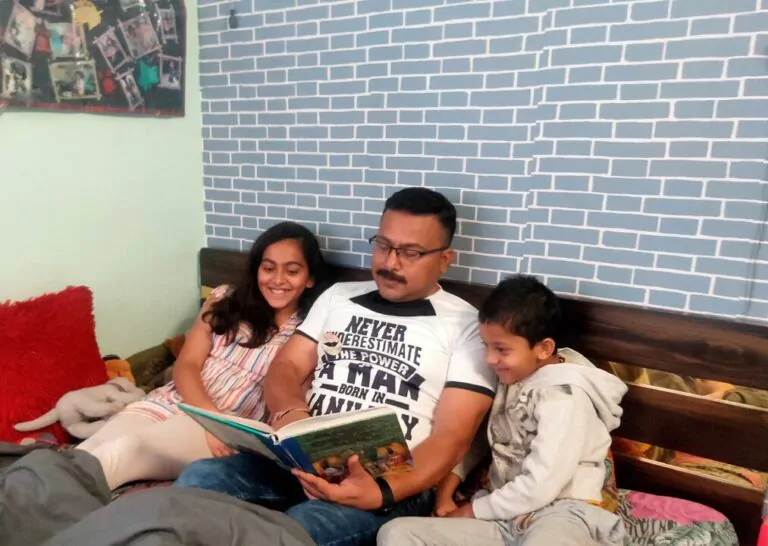

One Comment